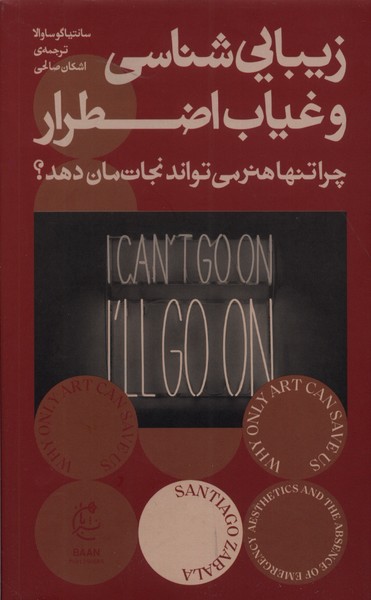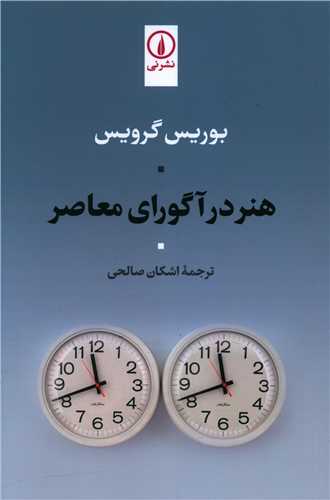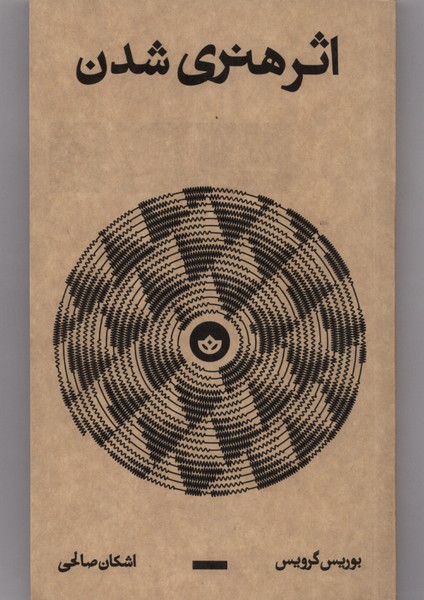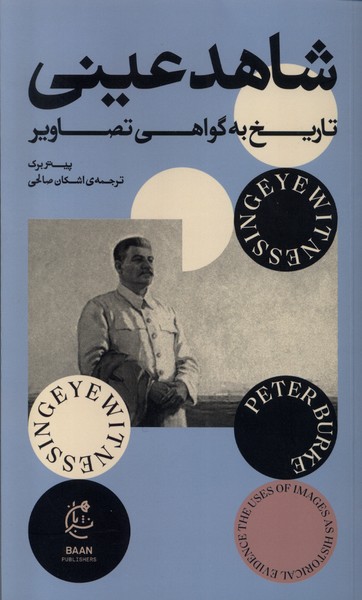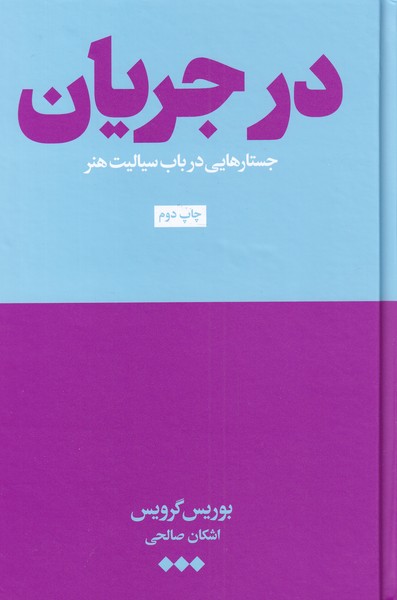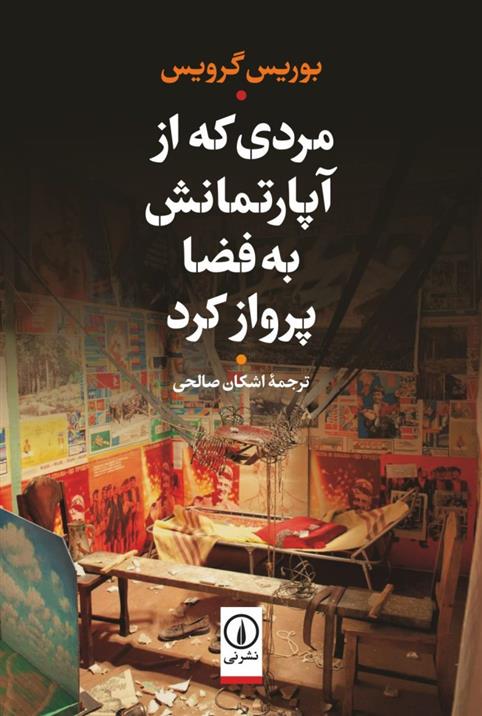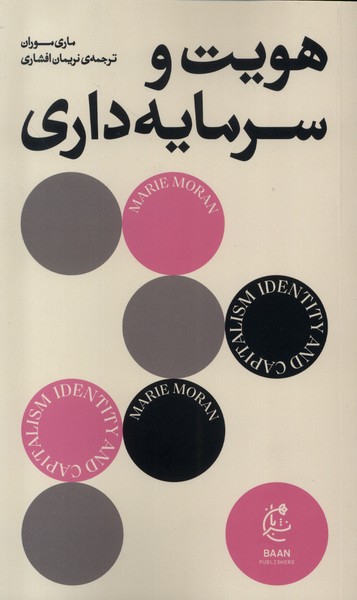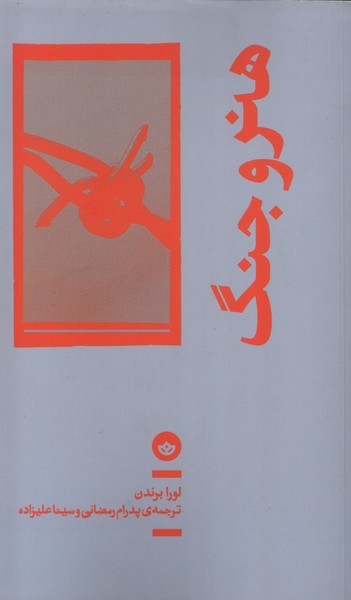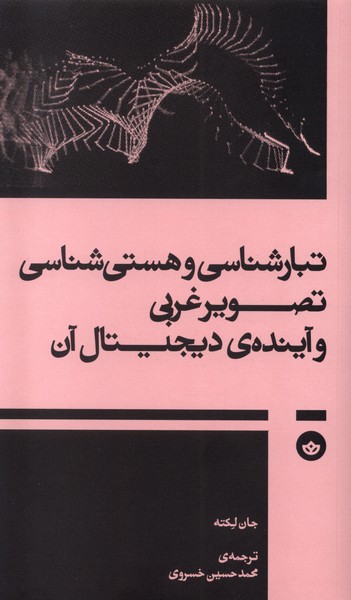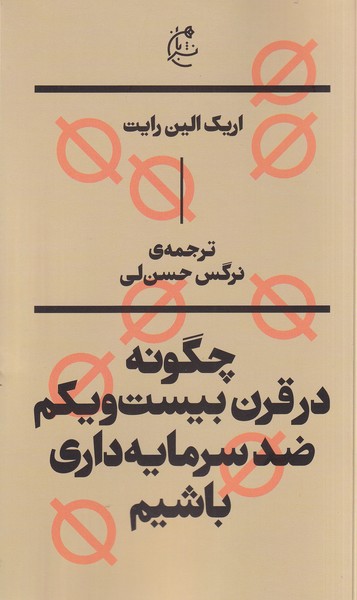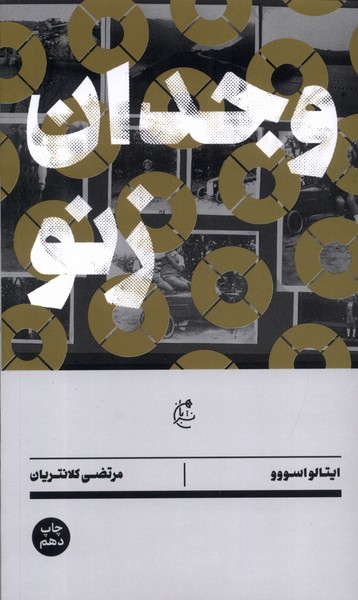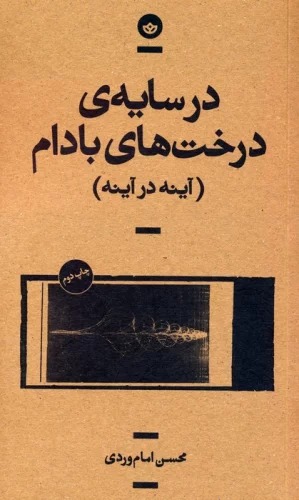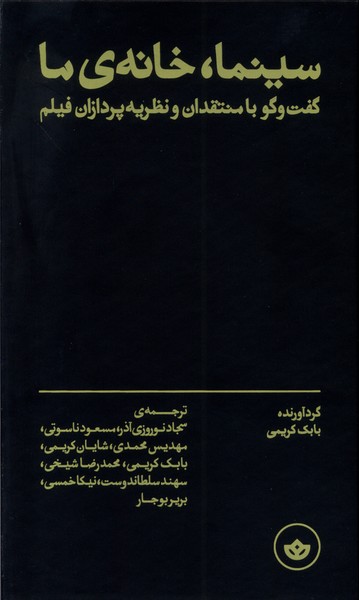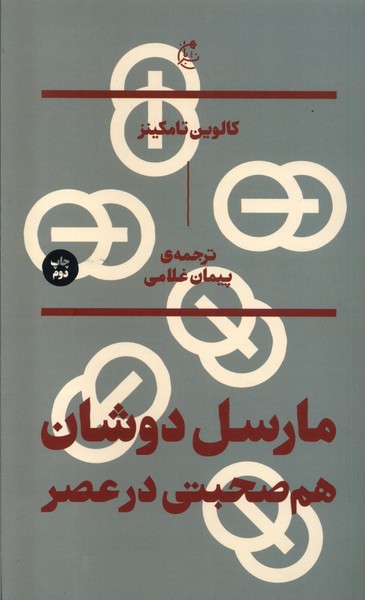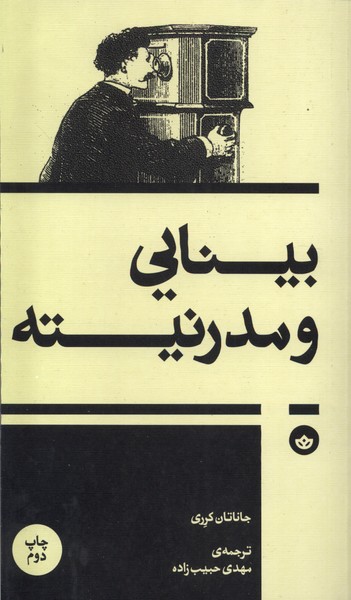Zībāyī'shināsī va Ghīyāb-i iz̤ṭirār: Persiska (Farsi) 1401
زیبایی شناسی و غیاب اضطرار
15,91 £
Dela
Wishlist
Originaltitel:
Why Only Art Can Save Us: Aesthetics and the Absence of Emergency
ISBN:
9786226414760
Översättare:
Ashkān Ṣāliḥī
Förlag:
Nashr-i Baan
Åldersgrupp:
Vuxen
Sidor:
272
Vikt:
354 g
Produktmått:
14 x 21 x 2
,
5 cm
Bokomslag:
Pocketbok
The state of emergency, according to thinkers such as Carl Schmidt, Walter Benjamin, and Giorgio Agamben, is at the heart of any theory of politics. But today the problem is not the crises that we do confront, which are often used by governments to legitimize themselves, but the ones that political realism stops us from recognizing as emergencies, from widespread surveillance to climate change to the systemic shocks of neoliberalism. We need a way of disrupting the existing order that can energize radical democratic action rather than reinforcing the status quo. In this provocative book, Santiago Zabala declares that in an age where the greatest emergency is the absence of emergency, only contemporary art’s capacity to alter reality can save us.
Why Only Art Can Save Us advances a new aesthetics centered on the nature of the emergency that characterizes the twenty-first century. Zabala draws on Martin Heidegger’s distinction between works of art that rescue us from emergency and those that are rescuers into emergency. The former are a means of cultural politics, conservers of the status quo that conceal emergencies; the latter are disruptive events that thrust us into emergencies. Building on Arthur Danto, Jacques Rancière, and Gianni Vattimo, who made aesthetics more responsive to contemporary art, Zabala argues that works of art are not simply a means of elevating consumerism or contemplating beauty but are points of departure to change the world. Radical artists create works that disclose and demand active intervention in ongoing crises. Interpreting works of art that aim to propel us into absent emergencies, Zabala shows how art’s ability to create new realities is fundamental to the politics of radical democracy in the state of emergency that is the present.
more
کتاب حاضر با محوریت اضطراری که مشخصه ی قرن بیست و یکم است، زیایی شناسی جدیدی را پیش می کشد. سانتیاگو ساوالا از تمایزگذاری مارتین هایدگر میان آن آثار هنری که ما را از اضطرار میرهانند و آن هایی که ما را به سویش می برند، بهره می گیرد. آثار دسته ی نخست ابراز ساست فرهنگی و حافظ وضع موجودند و اضطرارها را پنهان می کنند؛ و آثار دستهی دوم رویدادهایی مختل کننده اند که ما را به سوی اضطرارها می رانند. نویسنده با تاکید بر دیدگاه های آرتور دانتو، ژاک رانسیرو جانی واتیمو که زیباییشناسی را بیشتر پذیرای هنر معاصر کردند معتقد است آثار هنری صرفا وسیلهی تعالی بخشی به مصرف گرایی یا تعمق در زیبایی نیستند، بلکه آغاز گاهی برای تغییر جهان اند. هنرمندان رادیکال آثاری میآفرینند که مداخلهی فعالانه در بحران های جاری را آشکار و ایجاب میکنند. ساوالا با تفسیر آثاری که هدفشان راندن ما به سوی اضطرارهای غایب است، نشان میدهد که قابلیت هنر برای خلق واقعیتهای تازه اهمیتی بنیادین در سیاست دموکراسی رادیکال، در وضعیت اضطرار کنونی دارد.
ما به راهی برای مختل کردن نظم موجود نیاز داریم که جای تقویت وضع موجود، به کنش دموکراتیک رادیکال نیرو بخشد. نویسنده در این کتاب برانگیزاننده میگوید در عصری که بزرگترین اضطرار همان غیاب اضطرار است، تنها ظرفیت هنر معاصر برای دگرگون کردن واقعیت میتواند نجاتمان دهد.
more

